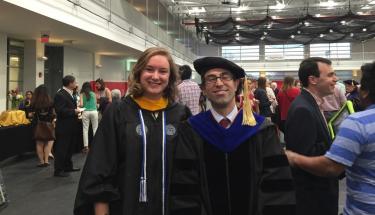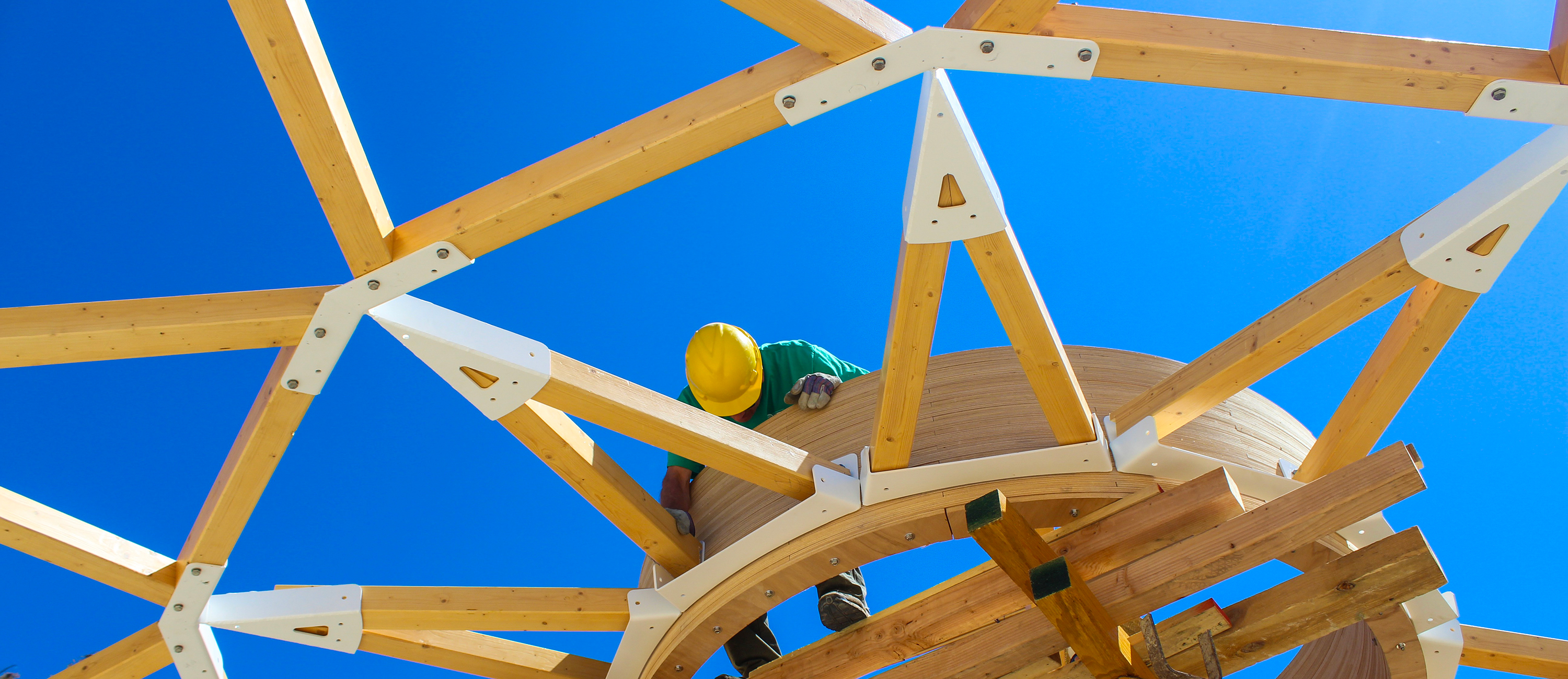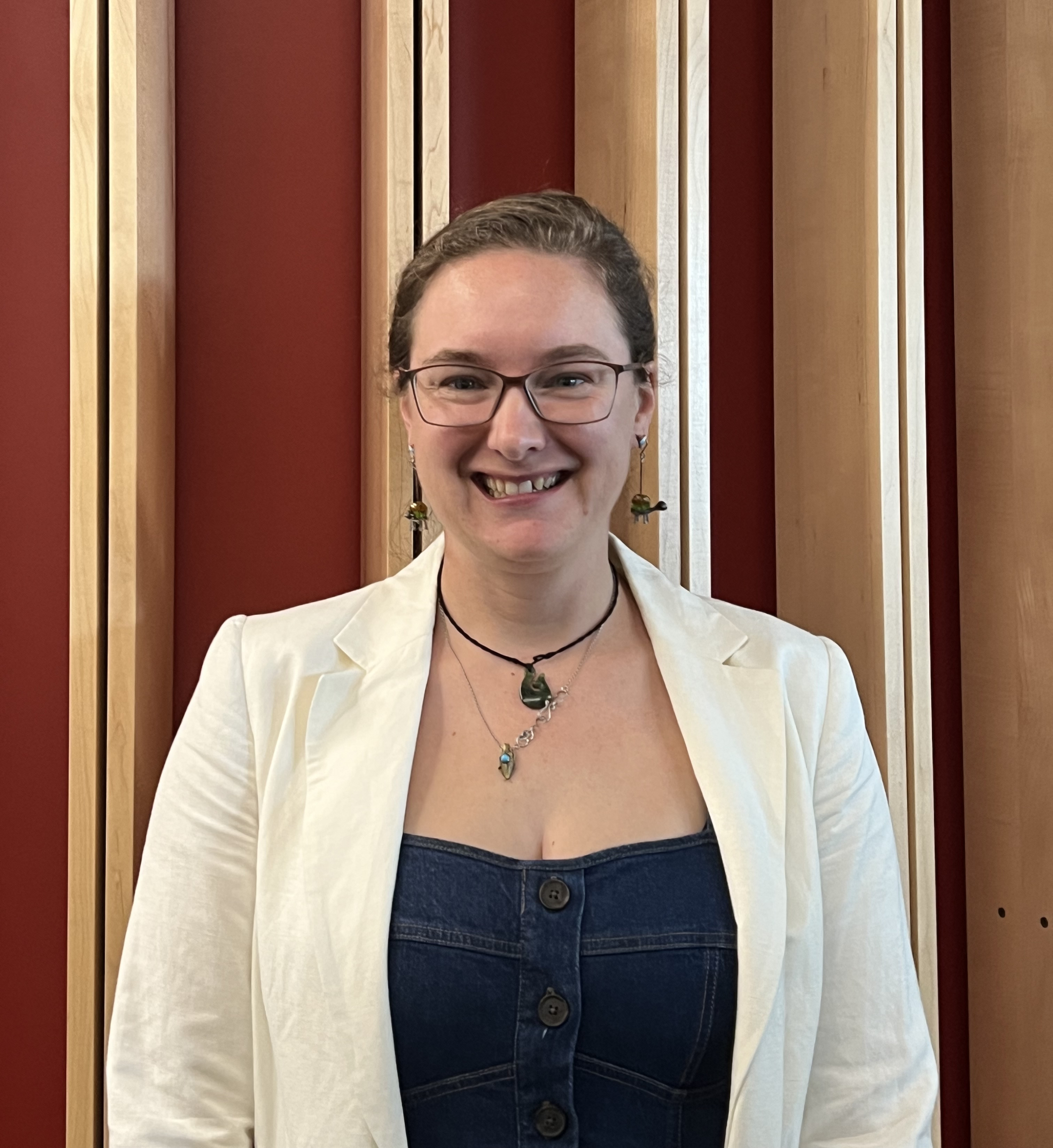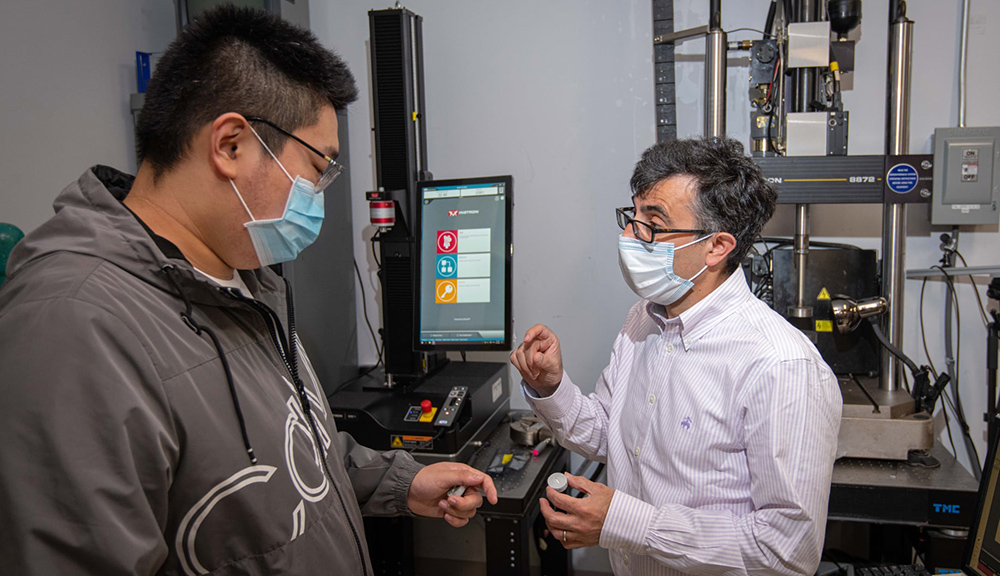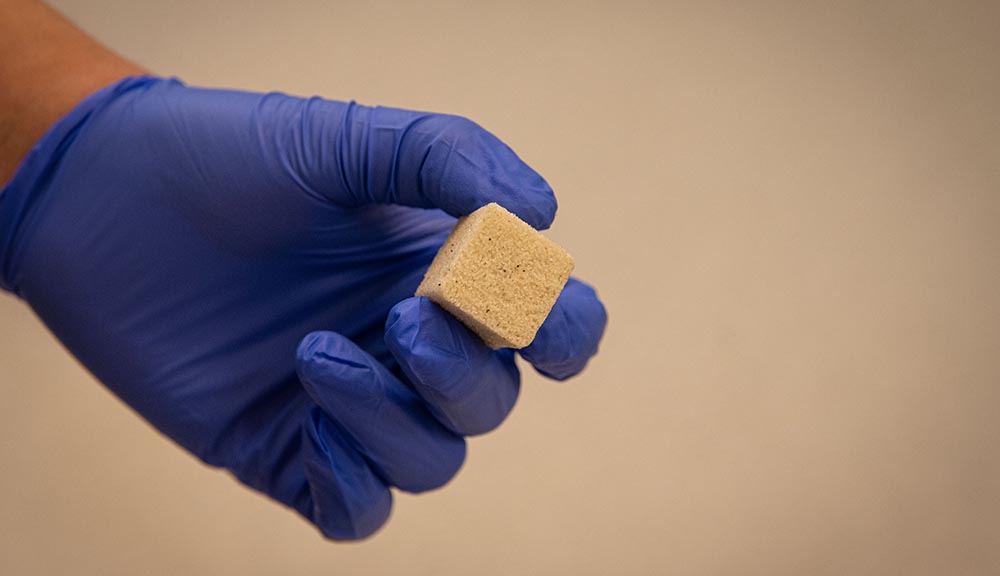When Jessica Rosewitz hangs her third diploma on her wall, the documents will have three words in common: Worcester Polytechnic Institute. This May, Rosewitz completed the WPI trifecta: bachelor’s, master’s and doctoral degrees.
Her WPI journey began in 2003. As an undergrad she had her sights set on a civil engineering major. Four years later, she graduated with a BS in the field, and began working at a civil engineering firm. But she wasn’t done yet.
“My roommates and peers always mentioned how I helped them with homework and tutored them. After graduation, when we all started our professional careers, my friend (another WPI alum) was convinced that I would one day be a teacher.”
After seven years, Rosewitz’s path led her back to WPI. “I knew that I wanted to teach at a college, and that meant a PhD.” She left her job, with its comfortable salary, and got back to the books and into the research labs to begin the next step, pursuing an MS and PhD in civil engineering. One of projects she had the unique opportunity to work on while earning her MS was the restoration of Tulio Lombardo’s 500-year-old sculpture, Adam, a life-sized Renaissance-era marble statue. Rosewitz and her advisor, Nima Rahbar, associate professor of civil and environmental engineering, helped conservators at New York’s Metropolitan Museum of Art determine what materials to use when pinning pieces of stone back together.
The success of the Met project paved the way for another unique opportunity. Continuing to collaborate with Professor Rahbar, Rosewitz helped develop a process to create self-healing concrete using enzymes.
“Jessica was quite brave to work on a PhD project that lies right at the intersection of biophysics and mechanics/materials science,” says Rahbar. “I believe her PhD is among the most outstanding doctoral theses in WPI Engineering. During this project, she developed ideas by herself, thought about them and proposed excellent solutions.”
Despite the fact that Rosewitz’s many successful projects have involved rigid materials, she herself has proven to be extremely agile. During this past academic year, she balanced working on her dissertation while helping teach four undergraduate courses—a job Professor Rahbar offered for her training. The global coronavirus pandemic and its impact on campus affected Jessica as both a student and an instructor. She had to quickly move her dissertation work and her teaching from in-person to remote.
“I had to completely change how I prepared and delivered coursework,” she says. “I hardly used any paper—save the trees for the toilet paper, I say—and really came to appreciate a digital stylus pad and pen.”
Armed with that novel teaching practice along with her vast research experience, Rosewitz is looking forward to landing her first position in academia—in front of a class, whether in person or online. And someday in the future, she would welcome the chance to add WPI once again to her growing resume.
